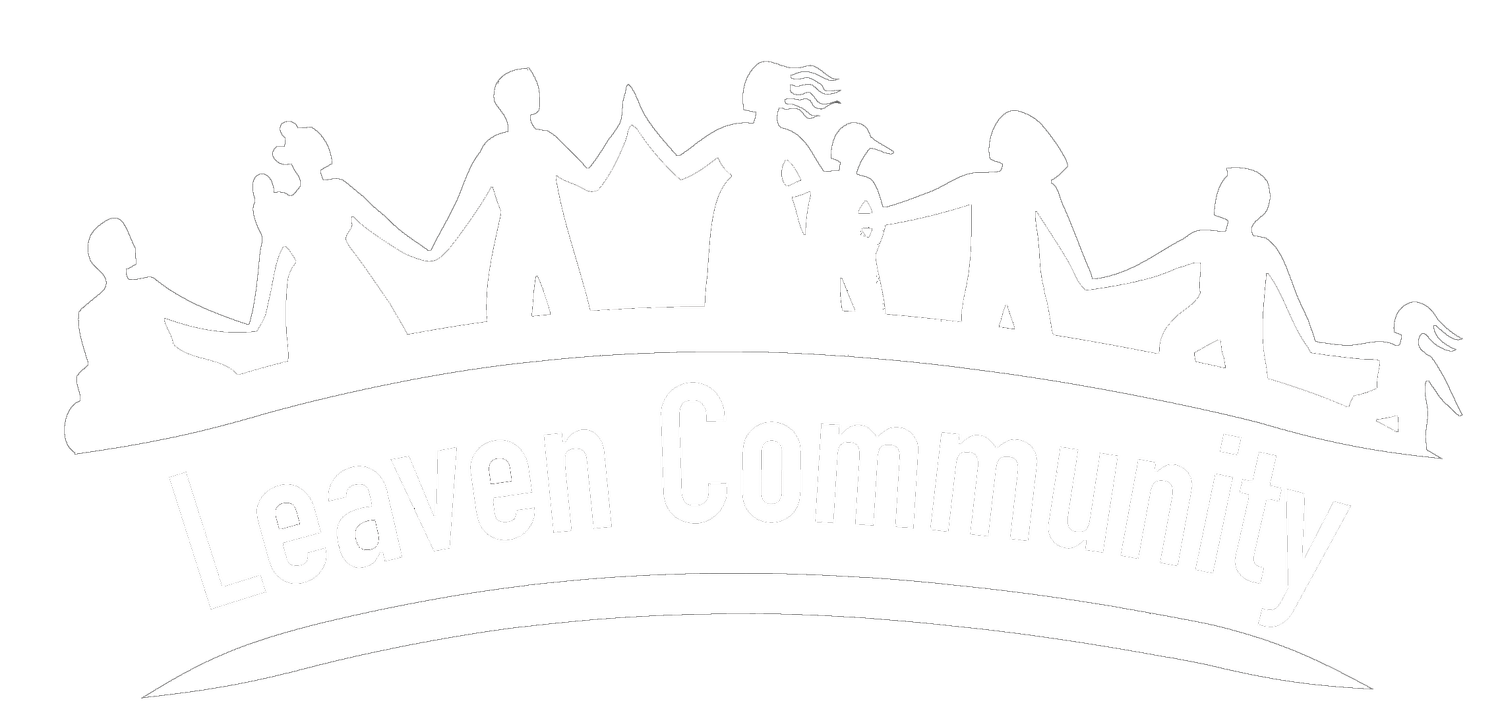Discussion Facilitated by: Bruce Cantwell. August 3, 2019
I didn't check my email before walking over to Leaven on Saturday morning.
I had prepared to lead a discussion on the The Courage to Be Disliked by Ichiro Kishimi and Fumitake Koga, which Lan was curious about last week.
Before we began that discussion, Rosemary asked if we had all read LaVeta's email. Not all of us had, so she read it to us. I knew that LaVeta was in Maryland helping see to her sister's care. I was unaware that she had requested us to keep her family in our meditation.
In the minute of silence we gave them, a new idea for a topic arose.
The mindfulness teachings train us how to relate to the bodily organs and the decomposition of corpses.
Joseph Goldstein mentions how contemplating the organs prepares us for illness in ourselves and others: "When we contemplate internally, externally, and both internally and externally we also see the impermanent, contingent nature of these parts of the body and the interdependence of the various systems: nervous system, circulatory system, skeletal system, etc."[1]
Of the dying body, Michael A. Singer notes, "While someone could tell you that you are not your body, death shows you."[2]
Other mindfulness teachings offer detailed training on how to maintain a healthy mind though our bodies may be sick.[3]
The question that arose for me was, "How do we care for those who have not accepted sickness and death of the body as inevitable?"
In "A Not-To-Do List For Caregivers of the Chronically Ill," Toni Bernhard J.D. offers some tips for mindful caregiving.
She writes that whether the caregiving/cared-for relationship is parent/child, child/parent, sibling/sibling, spouse/spouse or other, the caregiver's quality of life is likely to be worse than the patient's.
To avoid this, she recommends:
DO NOT shy away from sharing with others that you’ve become a caregiver.
Even one friend in whom you feel comfortable confiding can make a big difference: one person to talk to about how hard this new and unexpected role is for you.
DO NOT pretend that everything is like it used to be; you need time to grieve the loss of your old life.
Pretending that everything is like it used to be doesn’t work: caregivers need time to mourn the loss of their old life and to adjust to their new one.
DO NOT attempt to be Super Caregiver.
Don’t feel guilty if resentment arises now and then…
Be on the alert for that Super Caregiver mentality that has you thinking you’re not an adequate caregiver unless you’re giving the person in your care 100% of your attention and unless you’re sure never to have more fun than he or she is having.
DO NOT be reluctant to share your difficulties with the person you're caring for.
Sharing your struggles and even your sorrows can make the “cared for” person feel as if he or she is giving you emotional support. As a result, not only will you get that support, but the person you’re caring for will feel as if he or she is contributing to the well-being of the relationship.
DO NOT become isolated yourself even if the person you care for is housebound.
If you've become as isolated as the person you're caring for, consider asking someone to take over your duties for part of a day so you can do something for yourself. If you don't know anyone personally to ask, many communities have programs that provide this kind of support.
DO NOT neglect your own health.
You can’t be an effective a caregiver if you don’t care for yourself physically and emotionally.[4]
[1] Goldstein, Joseph. “Satipatthana Sutta - Part 9 - Clear Knowing And Meditation On Parts Of The Body.” Dharma Seed - Joseph Goldstein's Dharma Talks, Insight Meditation Society - Forest Refuge, 14 June 2004, dharmaseed.org/teacher/96/talk/6162/
[2] Singer, Michael A.. Untethered Soul. Oakland, US: New Harbinger Publications, 2007. ProQuest ebrary. Web. 22 October 2016
[3] Ñanananda, Bhikkhu. “Nakulapita.” Samyutta Nikaya: An Anthology, www.accesstoinsight.org/lib/authors/nanananda/wheel183.html#passage-16.
[4] Bernhard, Toni. "A Not-To-Do List For Caregivers of the Chronically Ill." Psychology Today. 23 January 2014, psychologytoday.com/us/blog/turning-straw-gold/201401/not-do-list-caregivers-the-chronically-ill

